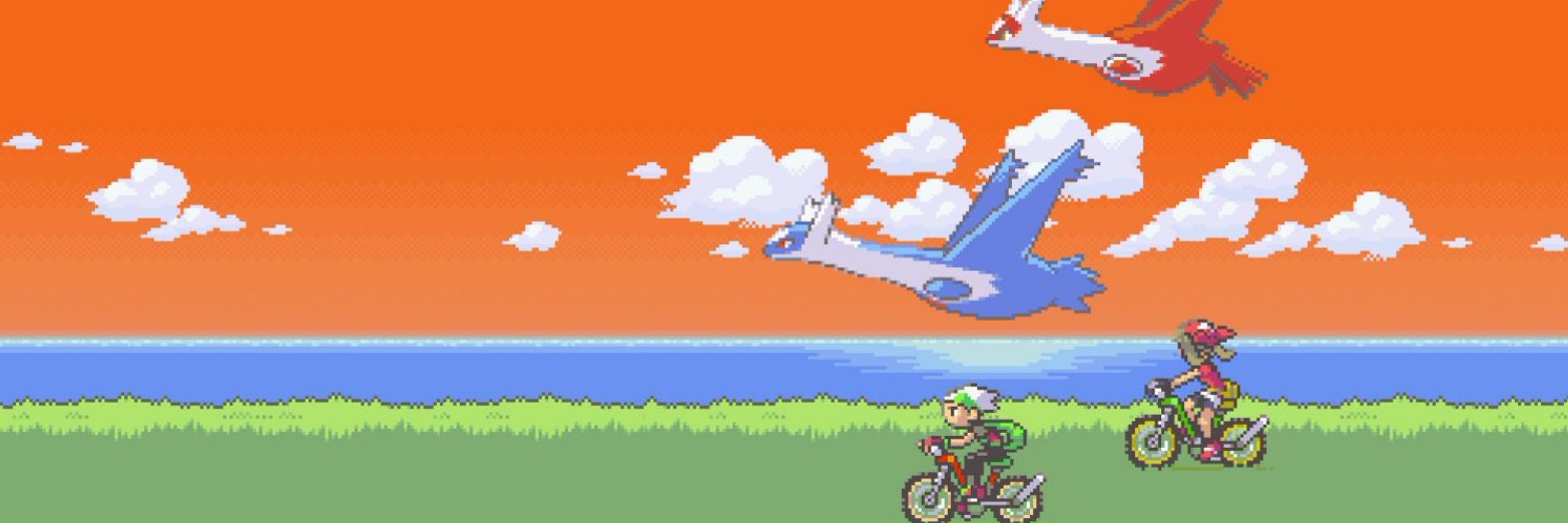

dashboard.shadowserver.org/statistics/h...

dashboard.shadowserver.org/statistics/h...


It's not even just about people blindly trusting what ChatGPT tells them. LLMs are poisoning the entire information ecosystem. You can't even necessarily trust that the citations in a published paper are real (or a search engine's descriptions of them).
www.themoscowtimes.com/2025/12/07/c...
#usa


Notable: all other leading chatbots we tested declined to engage in a similar interaction.


Notable: all other leading chatbots we tested declined to engage in a similar interaction.

gives cause for great optimism."
www.whitehouse.gov/wp-content/u...

gives cause for great optimism."
www.whitehouse.gov/wp-content/u...
Damascus Dossier reveals regime's systematic brutality - Civil Rights Defenders share.google/rjRv1rStW3RT...


Reuters reporting that new admin instructions on visas are if you worked at a platform in trust & safety or content moderation or on fact checking or online safety at an platform you *and your loved ones* are ineligible for H-1B visa.
www.reuters.com/world/us/tru...

Reuters reporting that new admin instructions on visas are if you worked at a platform in trust & safety or content moderation or on fact checking or online safety at an platform you *and your loved ones* are ineligible for H-1B visa.
www.reuters.com/world/us/tru...







www.gov.uk/government/n...

www.gov.uk/government/n...


Sekoia #TDR analysed a recent #Calisto (aka #ColdRiver #Star Blizzard) spear-phishing campaign aimed at Reporters sans frontières and other #Ukraine-supporting organisations.
blog.sekoia.io/ngo-reporter...

Sekoia #TDR analysed a recent #Calisto (aka #ColdRiver #Star Blizzard) spear-phishing campaign aimed at Reporters sans frontières and other #Ukraine-supporting organisations.
blog.sekoia.io/ngo-reporter...
nattothoughts.substack.com/p/knownsec-t...

nattothoughts.substack.com/p/knownsec-t...

